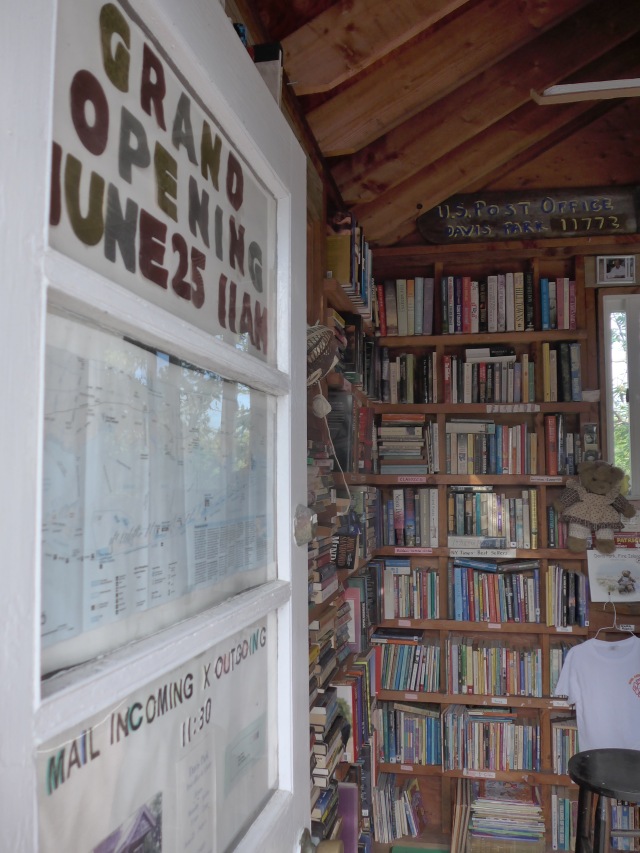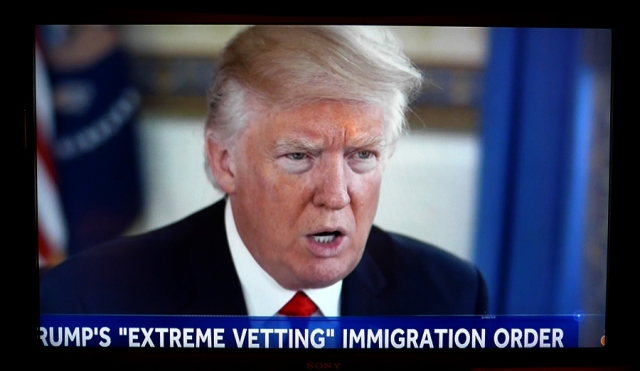
By Caitlin Kelly
I awoke this morning at 4:40 a.m, feeling like my chest was being crushed.
I sat up in bed, trying to focus on whether this was a heart attack, knowing that symptoms are very different for women than men, and because of that often overlooked or ignored.
I had never had one, but knew to pay close attention to my body’s signals.
These include:
shortness of breath
nausea
dizziness
pain in chest, jaw, back, shoulder and arm
cold sweat
light headedness
I felt light headed and, although there is no history of heart disease in my family, I’ve been taking a low dose of cholesterol medication daily for a few years.
We have health insurance and a very good regional hospital that I know far too well from multiple orthopedic surgeries since the year 2000, only a 10 minute drive from home.
The roads were empty at 5:00 a.m. so my husband got me there fast and the emergency room luckily, had only one other patient in their 30 rooms.
I was quickly given an EKG, X-ray and had four vials of blood taken. The nurse put in an IV line in case (as I did need) they would need to take more blood later.
The pain subsided and within a few hours, thankfully, I was pain-free, if exhausted.
I learned a lot.
If it had been (thank heaven it was not!) a heart attack, specific proteins like troponin-1 are released into the bloodstream as heart cells die. The first blood test showed I was probably fine, but the second one needed to be taken six hours after my symptoms — i.e. I arrived at the hospital by 5:00 a.m. but had to wait there til 11:00 for the second set of blood samples to be taken and results read and shared with me.
I also learned that if it had been a heart attack, I would have been sent to another larger hospital for the insertion of a stent.
I also learned that many people present at the ER thinking, like I did, they were having a heart attack but it was — as we think it was for me — a very bad case of acid reflux, an esophageal spasm. (Very unusually, I had eaten a very small snack at 11:15 the night before. Normally, I know better, and don’t eat anything later than 8:00 p.m. now.)
We are very lucky:
— we have good health insurance, so few fear of surprise huge bills for this treatment; we’ll see
— it’s a very good hospital, created by the Rockefellers who live a 10-minute drive east
— we didn’t need the cost of an ambulance (which, we hope, would have been covered); our town has a volunteer ambulance squad as well.
— my treatment was quick, respectful and detailed.
— the hospital was recently renovated so the ER, which we knew too well from a few broken fingers and my husband’s biking concussion, was very different from a few years ago. Now it’s attractive and very comfortable; I was a bit stunned to have a TV screen in the room with me. Each room had an internal privacy curtain and a sliding glass door and an overhead light that didn’t glare into my eyes.
It was so American — each room had a glass plaque by the door with the name(s) of the donors who gave the funds for it.
But I’m grateful as hell for their generosity.
If you’re female, please memorize these symptoms — and make sure your partner/spouse and/or family know them as well.
They’re easy to ignore or dismiss.

















